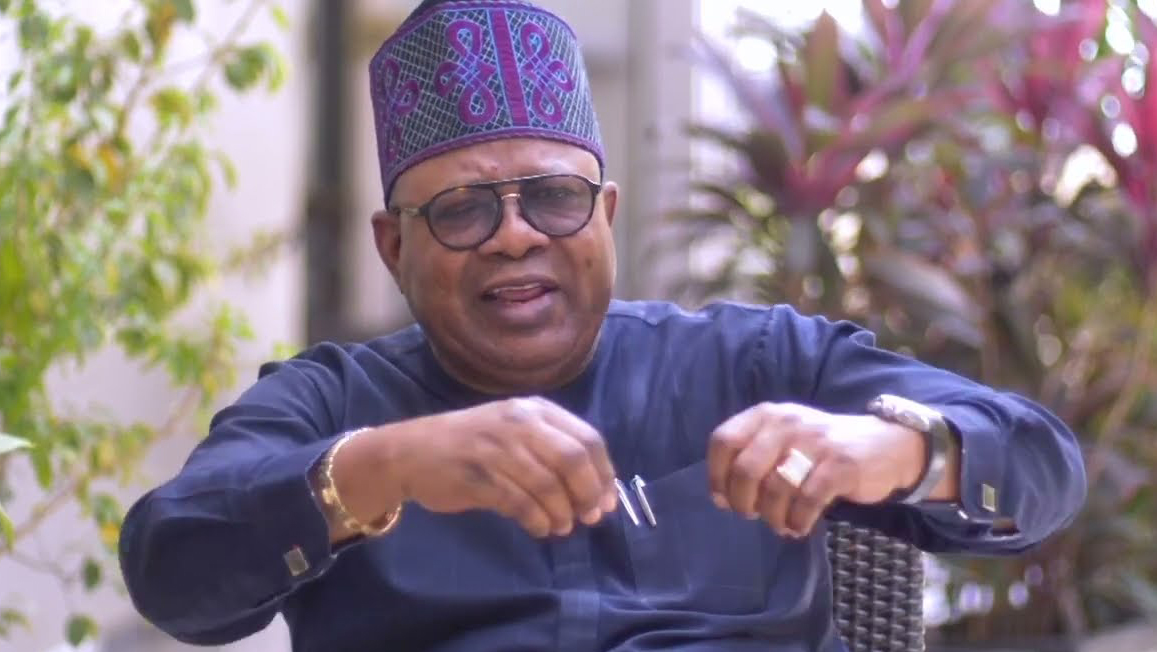As Nigeria continues to face structural labour market challenges ranging from high youth unemployment, skills mismatch to widespread informality, stakeholders have highlighted the urgent need to build the capacity of employment intermediaries to provide inclusive, technologically-driven and rights-based services that respond to the realities of today’s world of work.
At a two-day capacity-building workshop for Employment Service Providers (ESPs), organised by the International Labour Organisation (ILO) and the Nigeria Employers’ Consultative Association (NECA) under the GIZ SKYE II funded Strengthening Employment and Employability Systems in Nigeria (SEESIN) project, the stakeholders said the workshop marks a significant milestone in their shared efforts to promote decent work and strengthen Nigeria’s employment ecosystem.
Director, ILO Country Office for Nigeria, Ghana, Liberia, Sierra Leone and Liaison Office for ECOWAS, Vanessa Phala, said the workshop would equip ESPs and private recruitment agencies with knowledge and tools on contemporary recruitment technologies, labour market trends, and inclusive hiring practices to ensure that they are better prepared to support individuals, especially young people, women and persons with disabilities, to access meaningful and sustainable work.
Reaffirming ILO’s commitment to supporting Nigeria’s vision of a more inclusive, resilient and future-ready labour market, Phala, who was represented by the ILO National Project Coordinator, Aishatu Dirisu, said with stronger institutions, empowered service providers and coordinated stakeholder action, can build a system that delivers better employment outcomes for all.
Director-General of NECA, Adewale-Smatt Oyerinde, who was represented by Thompson Akpabio, said that with the change in the world of work, employment and recruitment processes have also changed.
“We do not physically see people, but we can recruit them. Due to technology and AI, are you interviewing the right candidate, or is it an AI candidate? How vast are you in the use of technology to be able to get the world of work done effectively? We also need to be proactive on data gathering, protection, and the legality as well as ethical consideration,” he said.
Giving an objective of the project, Dirisu said SEESIN was about driving systemic change—aligning skills with market demands, improving employment governance, and fostering sustainable job creation.
She said that through targeted interventions and strategic partnerships, the project was shaping a future where decent work and economic opportunity are accessible to all.
On the project outcomes, she added that while employment governance frameworks and enforcement mechanisms to promote decent jobs and employment opportunities in Nigeria are improved, the capacity of employment services stakeholders is also improved and expanded to address decent work deficits.
According to her, access to skills, career development, and lifelong learning opportunities for Nigerians is facilitated.
In their presentations, Business Director, Workforce Limited, Nneka Nneli, who spoke on the ‘Impact of Automation, AI and Remote Work on Job Roles and Candidate Expectations’, as well as ‘Understanding Gen Z, Flexible Work, DEI and Purpose-Driven Careers’, said on strategic imperatives for organisations, she called on the need for organisations to audit and redesign roles for agility, reskill continuously (AI and human skills), embed ethics in AI hiring and to normalise remote and flexible work.
Also speaking on Contemporary Recruitment Technologies and Labour Market Trends, MacTay’s Olukayode Komolafe noted that with the shift from transactional to strategic recruitment, technology is a powerful enabler that must be used wisely.
According to him, inclusion is not a trend and not a commitment, adding that inclusion should be embedded in every stage of hiring.






